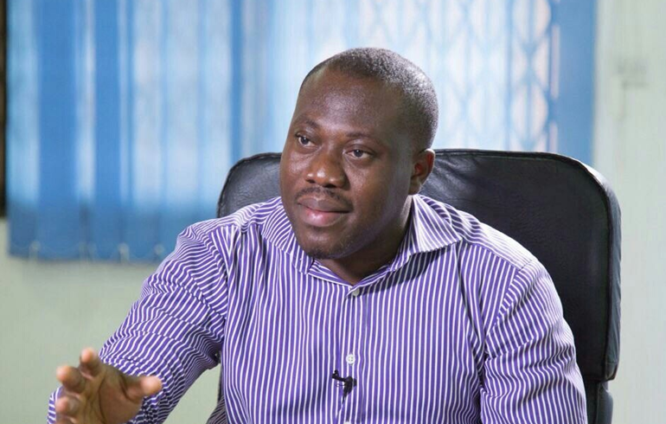Vice President of the Ghana Medical Association, Dr. Justice Yankson, says should the government’s freeze on public sector employment include the health sector, it is going to have disastrous consequences for the country.
According to him, already the health sector is facing severe challenges including a shortage of doctors as quite a number of them are fleeing abroad in search of greener pastures, a disproportionate distribution of doctors and other health workers across the country, poor salaries among others.
He noted that with the nation’s population steadily increasing, should the government ban new employment into the sector amidst all the above factors, service delivery will be drastically compromised.
Speaking on JoyNews’ PM Express, he said, “That will be disastrous for us as a country. I mean, the reasons are very simple; we have a population that keeps growing in terms of the national population, as we speak doctor-patient ratio is not one that you can boast of because we are way off the WHO standards, people are going to resign, people are already leaving the country as we speak, people are going to retire, unfortunately, being a human institution some will even have to go off because they’re unwell.
“If you couple this with the fact that we have gone on an aggressive Agenda 111 project in the health sector which are also expected to be manned, I can’t see how the current workforce beyond all the description I have given can be redistributed to man all these areas. Naturally, we’ll all be burnt out.
“Service delivery is going to be compromised. So far as we are concerned this business of no employment in the health sector in particular and if we go down to talk about doctors, it’s going to be a disaster.”
He was reacting to the government’s ban on all public sector employment, except under very critical condition.
According to him, while the government has failed to clarify what it means by ‘very critical condition’, it behoves on government to exempt the health sector from the employment freeze to ensure the safety and general wellbeing of Ghanaians.
“As it is now it’s a bit vague, as Joshua said, who determines critical? And beyond that it’s been qualified ‘very critical’. Is it at the whims and caprices of ‘the number one man of the state’? Is it at the level of the Minister or who?
“But if we’re going to sign onto, just as we saw in 2015 where we had at least a very broad or clear cut definition which said health and education were exempted I think that that is the nature of the agreement we should be looking at,” he said.
Latest Stories
-
Tano Anwia’s concession owner teams up with Forestry Commission to combat galamsey
17 minutes -
Gov’t allocates GH₵490m to Education Ministry
36 minutes -
Tragedy: Nigerian boxer dies after Ghana Pro League bout
1 hour -
Opoku-Agyemang undergoes treatment at UGMC, set to receive further care abroad
4 hours -
The mystery of Bomigo: an island of divine laws, sacred goats, and unwavering traditions
6 hours -
Government’s GH₵ 292.4 million mistake: why free sanitary pads are the problem, not the solution
6 hours -
Crystal Palace beat Fulham to book FA Cup semi-final spot
15 hours -
Forest beat Brighton on penalties to reach FA Cup semi-final
15 hours -
MTN FA Cup 2024/25: Berekum Chelsea book semis slot with win over Bechem United
15 hours -
Gov’t promoting galamsey with GoldBod; the GoldBod is galamsey board – Minority
16 hours -
Ghana Navy probes suspected pirate attack on fishing vessel
17 hours -
2024/25 FA Cup: Attram De Visser stuns PAC Academy to reach first-ever semifinal
17 hours -
‘Shocking and excessive’ – Lawyer challenges $18m verdict in Anas-Kennedy Agyapong case
19 hours -
Parliament approves GH₵2.8bn for road maintenance
19 hours -
Minority Chief Whip raises concerns over ambiguities in Gold Board bill
20 hours

